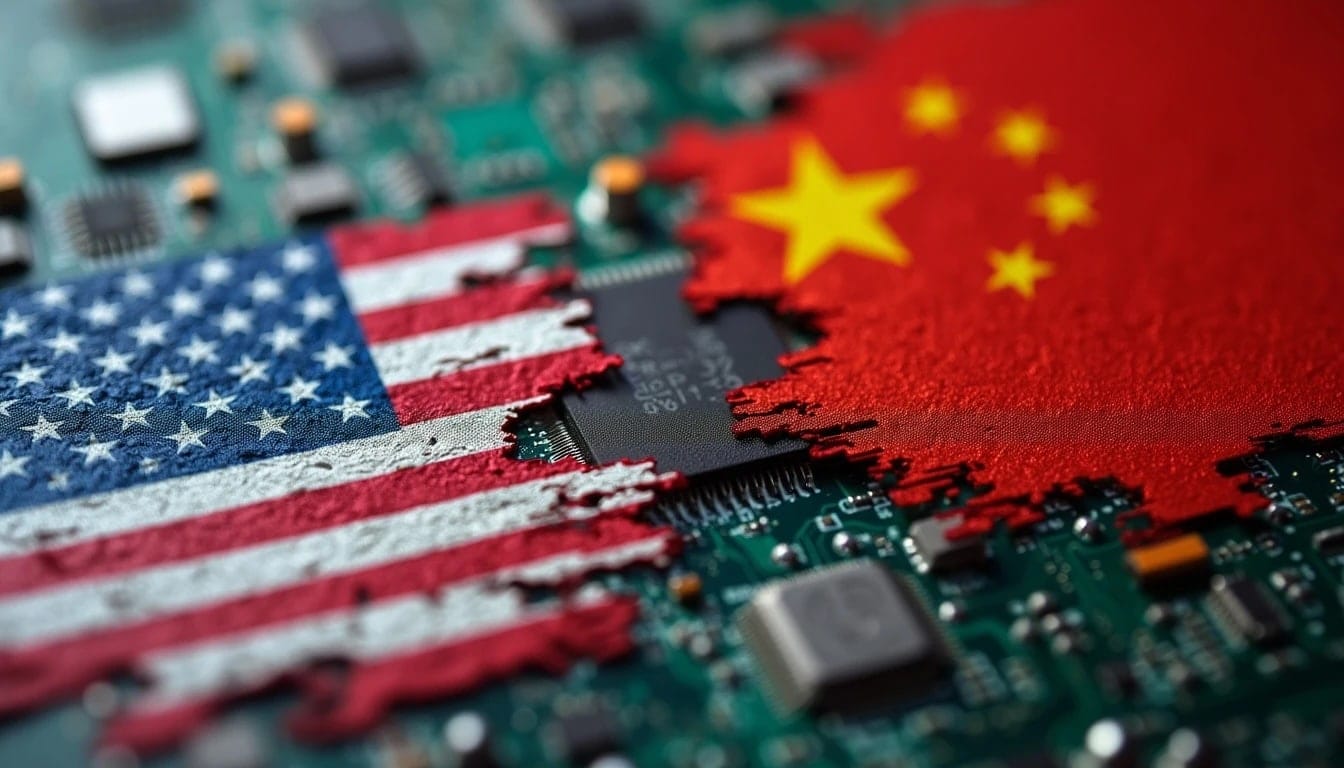China has decided to consolidate its control over rare earths, essential minerals for high-tech production, through a series of regulations that have a global impact. Starting October 1, the Asian country requires exporters to document the supply chain of these materials in detail, allowing it to evaluate and ultimately approve or deny access to its strategic resources based on their intended use. This measure mainly affects the semiconductor, military, automotive, and renewable energy industries, which critically depend on these materials.
With this maneuver, China has put significant industrial sectors at risk, limiting access to rare earths that are key for the manufacturing of chips, military components, and sustainable technologies. Furthermore, it requires specific licenses for all companies wishing to acquire these materials, a policy that enhances its influence in the global supply chain of critical minerals.
Absolute control over supply
China, which controls nearly 100% of the global supply of certain elements like dysprosium, has taken other measures to strengthen its leading position in this sector. In September, the Chinese Ministry of Commerce restricted the export of antimony, a fundamental component in the semiconductor industry and military sector. Months earlier, it had also restricted access to gallium and germanium, both needed for the production of high-tech chips.
In addition to these restrictions, China has acquired foreign-owned rare earth refineries on its territory, such as Shenghe Resources, a state-linked company that bought a majority stake in a Canadian refining plant. This acquisition reinforces China’s dominance in the production and refining of these materials and centralizes the management of strategic resources in the hands of domestic companies.
State secrets and penalties for information leaks
Beijing has classified information related to the extraction and refining of rare earths as state secrets. Leaking this data now faces strict penalties, as seen in the recent case of two executives convicted of disclosing sensitive industrial data. By limiting foreign competitors’ access to critical supply chain details, China has built an entry barrier that leaves many foreign industries with no viable alternatives.
This shielding particularly impacts countries like the United States and its allies, which depend on rare earths for strategic sectors, including the production of electric vehicles, wind turbines, and fighter jets. According to the International Energy Agency, the demand for these materials will increase dramatically by 2040, positioning China advantageously while the world tries to diversify its sources of supply.
Costly alternatives and challenges for the West
In light of this landscape, some countries have begun seeking alternatives to reduce their dependence. Australia and Belgium are investing in new refining facilities, while the United States and Malaysia plan plants that would diversify their access to these materials. However, these efforts are hampered by high production costs and regulatory complexities, making rapid progress in building independent supply chains difficult.
In this context, China’s dominance in refining and production of specialized materials remains a competitive advantage, further supported by a solid academic infrastructure that trains specialists in mining and processing rare earths. In contrast, training programs in these fields at Western institutions are limited, leaving their countries lagging in technical skills and competitive capacity in this area.
Inevitable dependence in the short term
Despite efforts from some Western companies, such as Solvay and MP Materials, to find alternatives, dependence on China in the rare earth supply chain appears to be inevitable in the short term. China’s advanced technical capabilities and experience in refining and production continue to be a decisive factor, forcing foreign companies to obtain a large part of their materials from Chinese sources.
Ultimately, China’s strategy of tightly controlling licenses for rare earth exports imposes a barrier for the global industry at a time when demand for advanced technology is growing exponentially. While the West attempts to mitigate this dependence, Beijing ensures that, for now, the key to rare earths remains in its hands.
Source: El chapuzas informático

